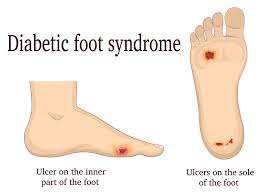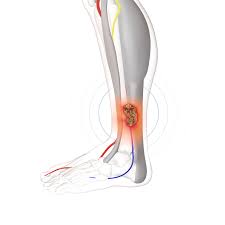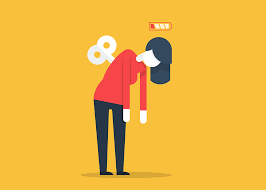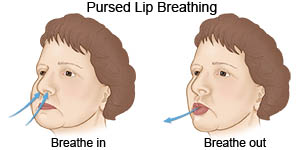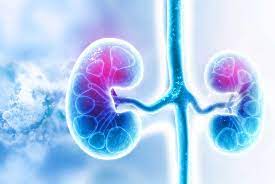Are You Tracking These Four (4) Items For Infection Surveillance?
Home health care treatments frequently include invasive devices and procedures to treat patients. Infections can occur from the these procedures/devices, such as catheters, wound care and ventilators.
Diabetes & Foot Care: Do's & Don'ts
As part of your teaching plan for patients with diabetes, include the following points regarding foot care. As clinicians know, foot problems are common in people with diabetes. Teaching patients to manage serum glucose levels helps keep feet healthy and avoid diabetic neuropathy.
OASIS M1330 Stasis Ulcers: Which Type are You Documenting?
There are four (4) common types of skin ulcers: venous stasis ulcers, arterial ulcers, diabetic neuropathic ulcers and pressure ulcers.
OASIS M1033 8 - Exhaustion: A Hospitalization Risk
If a patient is experiencing exhaustion - reported on OASIS M1033 Hospitalization Risk – 8 - Exhaustion, determining the reason as well as careplanning for exhaustion would be indicated for the home health clinician.
Performance Improvement Plan for M1400 Dyspnea/Shortness of Breath
A patient's strong respiratory and endurance condition is important to Medicare because it helps the patient continue to live at home. Its because of this that Medicare tracks and scores HHAs ability to improve respiratory and endurance function on Quality of Patient Care Star Rating.
Home Health Assessment for End Stage Renal Failure (ESRD)
For the patient with end stage renal failure (ESRD), in addition to assessing Urinary Incontinence M1610 and Shortness of breath on M1400, also include these MyHomecareBiz Best Practice assessment strategies and our home health care plan for ESRD.
M1830 Bathing - Medicare Guidance for OASIS E1
Medicare monitors all nine (9) OASIS M18XX items for improvement between admission and discharge. M1830 Bathing is one of the nine outcomes tracked for improvement.
COVID-19 Home Health Assessment & Careplan
reposted from 3/23/2000
If your Agency is visiting patients who have been diagnosed with COVID-19 or suspected COVID-19, use the following guidelines for home health visits, including appropriate Personal Protective Equipment (PPE) use, physical assessment of the patient and...



